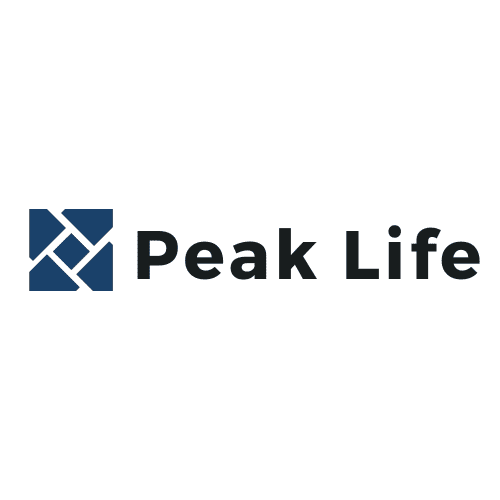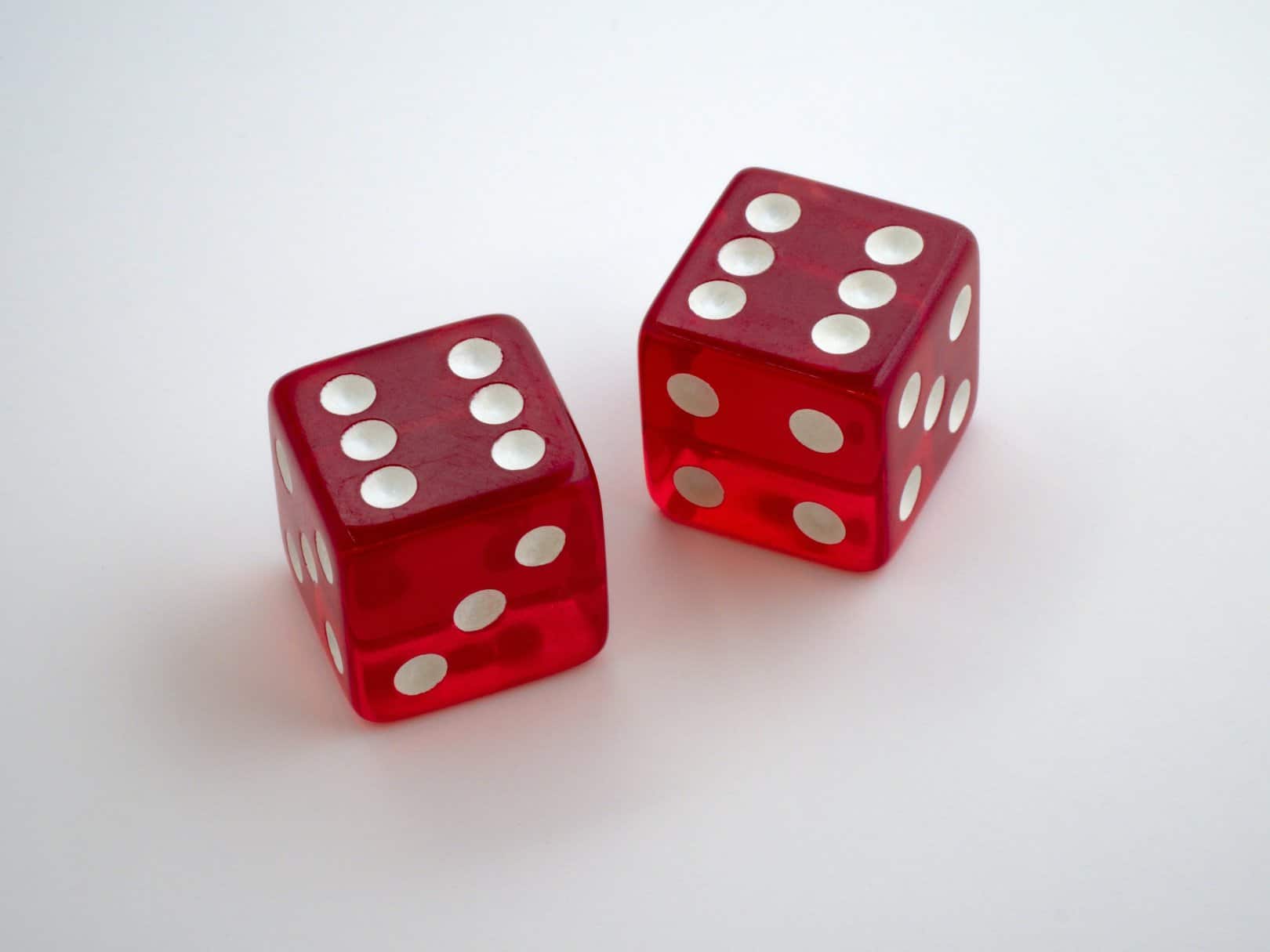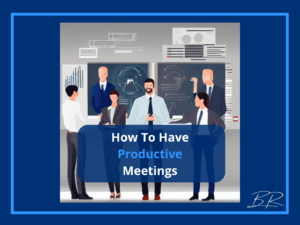How to build a process to win
This post contains affiliate links that help supports this blog and cost you the exact same. If you do not wish to use affiliate links, then feel free to google the product.
It’s Friday night, and you just finished a long day at work. You get home exhausted and hungry. Do you go for the salad as you told yourself you would, or do you pick up the phone and order pizza?
We have all made goals, and we have all failed them. Failing a goal is not a problem, but it is vital to understand why we failed them.
-
Was the goal not really what we wanted?
-
Was the goal too unachievable?
-
Was the goal too easy, so it didn’t interest us?
-
Or did we not know how to build a process to achieve the goal?
Without having a process for successfully getting results, we are blindly throwing darts. And most likely, we are missing the dartboard.
The good news is that there is a systematic way to build a process and get the results you want!
Pick your priority
There will always be an endless list of skills to improve and goals to chase. And chances are, if you are reading this, you would like to improve them all. However, our time and focus are not endless, so selecting the most impactful skills to improve is crucial. My recommendation is to focus on skills that have the most amount of impact on other aspects of your life and use an activity you already enjoy as a medium to improve them.
For example, if I want to improve my writing, one of the best ways is to tell more captivating stories. I could do that by creating my own fiction story; but, this would not tie into as many other aspects of my life. Instead, I can write blog posts that share many different topics I have learned about and used to improve my life. By doing this, I can focus on telling better stories and being more engaging. In addition, it helps other people by sharing my mistakes and journey. It also helps me by summarizing and organizing my thoughts.
80/20 analysis
With so many things to work on, it can become very overwhelming. And the truth is most things do not matter that much. Every hour you spend focusing on something that is not important or valuable to you is an hour less you can focus on what is. The 80/20 principle is more of a rule of thumb than a direct math equation (but it follows a power law distribution). The concept of 80/20 is that the majority of your results come from only a few of the inputs. For example in sales, “80% of your total sales comes from 20% of your total customers. This means that most of your success and results come from a small portion of your work and inputs.
To use the 80/20 principle to your advantage, you need to find out what tasks, customers, relationships are working for you and which are not. To do this, you can do an energy audit and see how much energy you are putting into something and how much it is giving you back. Books like The one thing and Deep Work explore this in much greater detail, as well you can read my Review on 2021 post.
The game system
Video games have figured out how to capture our attention and keep us engaged. The primary way they do this is by having constant mile-markers and level-ups. As you progress through the game, you know exactly how much more experience you need to level up, and as you level up, you have access to better skills and items. This keeps you engaged by always having something to look forward to, with the next goal and a direct path to getting there.
Life can be a little more complicated. There is no preset path, no experience bar, and no guide that shows what skills you will unlock. So instead, we end up doing the same thing repeatedly without gaining any new skills or leveling up.
The way around this is to be more upfront with your planning and practice. Find a way to track your experience and have milestones to show when you level up.
Two examples show how simple it can be:
Example one: cooking
Goal: I want to get better at cooking
The plan: I want to get better at cooking, so I will pick a single cookbook to follow (I recommend America Test Kitchen, they have one for almost every category you could imagine, and they explain why the recipe works, my most used one is their keto cookbook).
Experience: I will select two dishes a week to make from the cookbook and completely follow the recipe. I will start with more straightforward dishes, and as I improve my skills, I will make more complicated recipes.
Level up: To solidify the skills, I need an event. I will plan a dinner party for a few friends and make my favorite meal from the book in one month.
Example two: running
Goal: I want running to be fun and something I want to do.
The plan: I will practice running and focus on enjoying each run. Each session, I will have a different priority to improve.
Experience: I will run 3X a week. I can follow a training plan or just head out the door for 5 minutes. Each run, I will focus on improving one thing: foot strikes, breathing, cadence, and mobility.
Level up: I will select an event on a specific date; this can be a preorganized race, or I can just put a date on my calendar to run a 10km.
Habits
The key to getting better is to practice, but practice can be challenging. If something is important to you, let it become your identity. This removes choice and decision fatigue. Using the running example above, it is much simpler to “be a runner” than to “want to run.”
If you identify as a runner, you can remind yourself that you are a runner, and a runner goes for runs. Compare this to the alternative; if you do not identify as a runner, you need to convince yourself every time you “should” go for a run. It will always be more difficult to do something that you know is good for you when it is not your identity.
PS: Atomic Habits by James Clear has fantastic strategies for developing habits.
Focus on improving one thing in each practice
To improve the whole, you need to improve its parts. If you try to improve everything at once, you will be fighting an uphill battle. Moreover, by trying to improve everything at once, you will see very marginal results at best, and that will cause you to become discouraged.
The weakest link determines the overall strength of the chain. It does not matter how strong the rest of the chain is. What matters is how strong the weakest link is. When you are a beginner, your entire chain is full of weak links, but they are all the same strength. By improving anything as a beginner, you see massive improvements overall because many of your weak links get stronger. As you continue down the path of mastery, certain links get stronger, and as a result, you create a weak link. So eventually, you will need to start focusing on improving the weakest link. This is done by focusing on one particular thing during each practice, which will allow your entire system as a whole to get better and fast.
Make practice as easy as possible
Until something becomes a habit and your identity, it is incredibly beneficial to make practice as easy as possible. Spend the effort to remove any barriers to start the practice. The more you practice, the better you can get; therefore, it must be easy to practice.
If you want to learn to play the piano, then it would make sense to have the piano in an easy-to-access spot so that all you need to do is sit down and play. You do not want to have to haul it out of the basement or go to someone else’s place to play.
Another aspect of this is to lower the expectations of each session. It is much easier to start when all you need to do is run around the block, compared to needing to go for an hour-long run. When it is easy, you will start, and when you start, you will keep going.
Procrastination
We procrastinate because the pain of doing what we know we should do is more than the pain of not doing it. In simpler words, this means it is harder to sit down and write than it is to scroll through Instagram. To fix this, make it easy to start and make it very, very difficult to distract yourself. For example, if you are writing, do not have your phone next to you, as the pull to pick it up will be too strong to resist.
Do the work
With all these systems in place, it becomes easier to know what to work on and how to get better. Now only one thing is left. You need to do the work. All of the theory in the world doesn’t matter; what matters is action. By constantly practicing, you will get better but be aware; things seldom get easier or faster. You just get better and enjoy them more.
Criticism
No matter what you are trying to do in life, you will get criticized, and it will hurt. People will say that you don’t know what you are doing and what you share is wrong. They will tell you that what you are doing is impossible. They will say you are not good. They will criticize you. But who cares what they think.
Tom Brady was the 199th draft pick and Elon Musk was almost bankrupt. Everyone has to go through the journey of good to great. So please do not listen to people telling you that you can’t do it. If you want it, you can have it. And especially do not listen to people on the sidelines telling you what to do while they have done nothing themselves. I believe in you, and you can do it!








